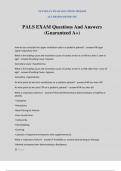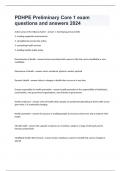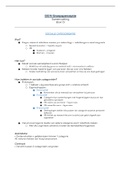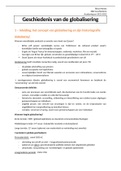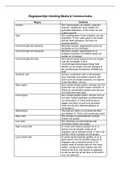Essay
Essentials of Journalism: Principles, Practices, and Ethics
- Module
- Basics of Journalism
- Institution
- Coventry University (West Midlands) (CU)
This essay offers a thorough examination of the core concepts, functions, crucial abilities, and moral issues that underpin the field of journalism. The text delves into the fundamental tenets of journalism, placing particular emphasis on veracity, precision, autonomy, impartiality, and responsibil...
[Show more]




